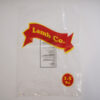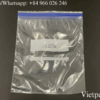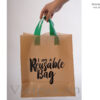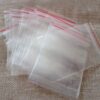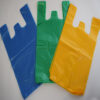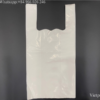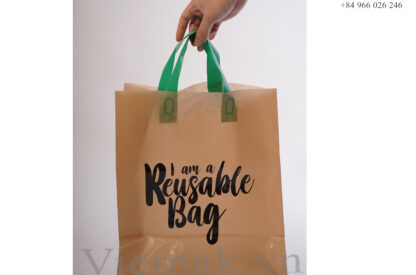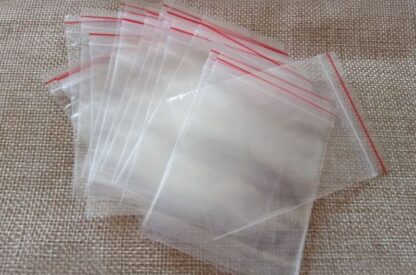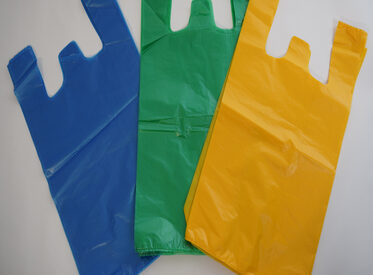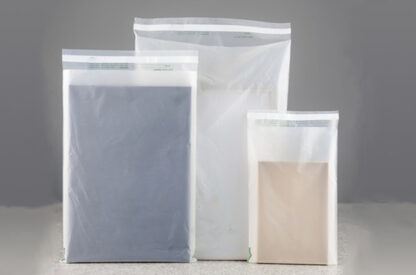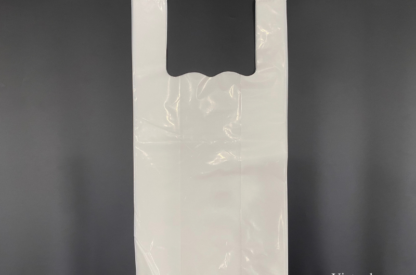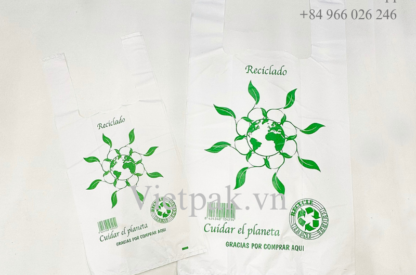How Many Times Can You Reuse A Plastic Bag?
In the ongoing global conversation about sustainability, reusable plastic bags have emerged as a popular alternative to single-use options. While these bags are often touted as an eco-friendly choice, the key to their environmental benefits lies in how many times they can be reused. But how durable are these bags, and how can we maximize their lifespan?
In this article, we’ll explore the true durability of reusable plastic bags, how many times they can be reused, and practical tips for extending their usefulness.
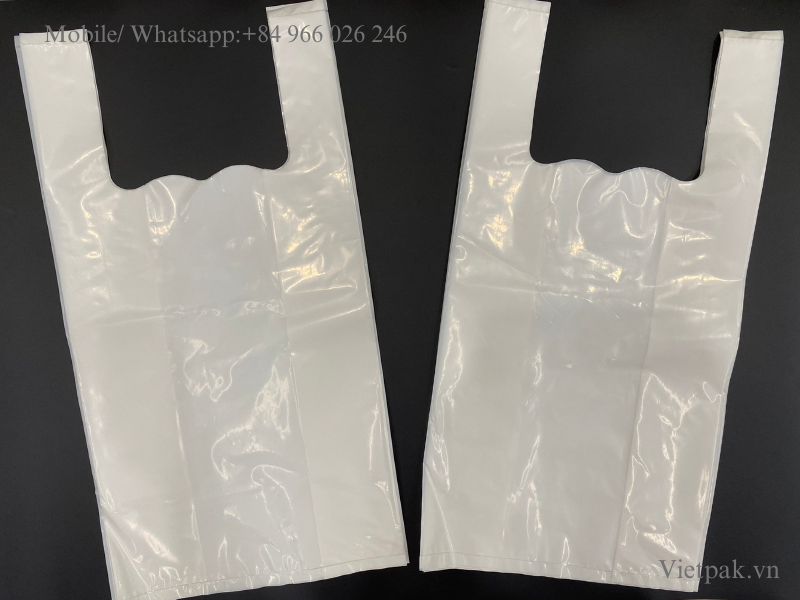
vietnam reusable plastic bag
Understanding Reusable Plastic Bags
Contents
Reusable plastic bags are designed to be stronger and more durable than the thin, single-use plastic bags typically found in grocery stores. These bags are often made from materials like polypropylene, nylon, or thicker polyethylene, which are more resistant to wear and tear. Their sturdier construction allows them to carry heavier loads and withstand repeated use without tearing or breaking.
The durability of a reusable plastic bag is one of its most significant advantages over single-use plastic bags. While single-use bags often end up in the trash after just one use, reusable plastic bags can be used multiple times, reducing the overall demand for new bags and lowering the amount of plastic waste generated.
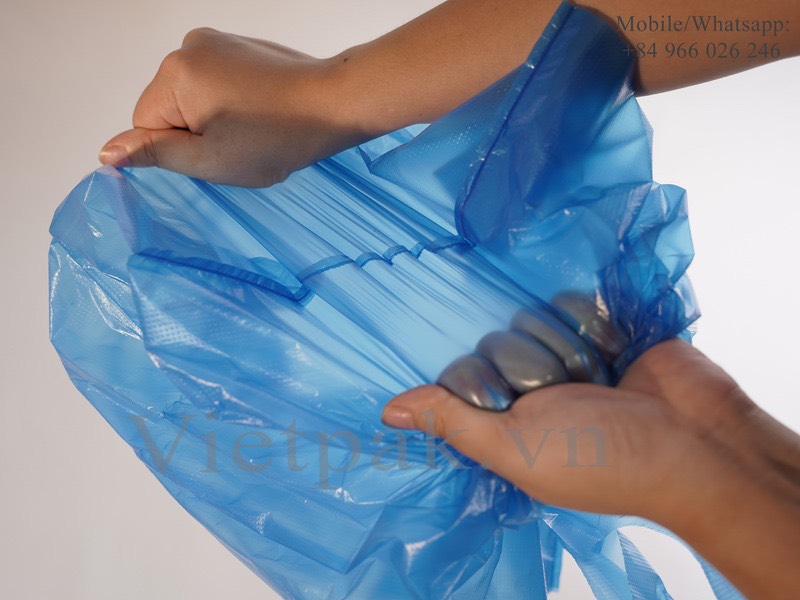
How Many Times Can a Plastic Bag Be Reused?
The number of times a reusable plastic bag can be reused depends on several factors, including the material it is made from, how it is used, and how well it is cared for. On average, a high-quality reusable plastic bag can be reused anywhere from 50 to 100 times before it begins to show signs of wear.
However, this number is not set in stone. Some bags, especially those made from thicker or more durable materials, can last for hundreds of uses if properly maintained. Conversely, cheaper or poorly made bags may only last for a few dozen uses before they need to be replaced.
Factors Affecting Durability:
- Material Quality: Bags made from thicker, more robust materials like polypropylene tend to last longer than those made from thinner plastic.Load Capacity: Reusable plastic bags designed to carry heavier loads are generally more durable, but overloading them can lead to quicker wear and tear.
- Usage Habits: How often and for what purposes the bag is used will significantly impact its lifespan. Bags used for carrying heavy items like groceries may wear out faster than those used for lighter tasks.
- Care and Maintenance: Properly caring for your reusable plastic bags can extend their lifespan. Washing them regularly, storing them properly, and avoiding exposure to extreme temperatures or sharp objects can all help prevent damage.
Practical Tips for Reusing Plastic Bags
Maximizing the number of times a reusable plastic bag can be used is crucial for reducing its environmental impact. Here are some practical tips for reusing plastic bags effectively:
Rotate Your Bags:
Keep several reusable plastic bags on hand and rotate their use. This prevents any one bag from being used too frequently, reducing wear and tear on individual bags.
Use Bags for Multiple Purposes:
Reusable plastic bags aren’t just for groceries. Use them to carry lunches, transport gym clothes, store items, or even as a makeshift trash bag in your car. The more you use your bags, the more value you get from them.
Clean Them Regularly:
Washing your reusable plastic bags regularly helps prevent bacteria buildup and keeps them in good condition. Most reusable plastic bags can be washed by hand with soap and water. Be sure to air dry them thoroughly before storing.
Avoid Overloading:
While reusable plastic bags are designed to be sturdy, overloading them with heavy items can cause them to wear out faster. Stick to the recommended weight limits to preserve their durability.
Store Them Properly:
When not in use, store your reusable plastic bags in a cool, dry place. Avoid exposing them to direct sunlight or extreme temperatures, as this can cause the material to degrade more quickly.
Repair Small Tears:
If your reusable plastic bag develops a small tear or hole, don’t throw it away immediately. Minor damage can often be repaired with a bit of tape or by sewing it up, extending the life of the bag.
The Environmental Impact of Reusing Plastic Bags
The environmental benefits of reusable plastic bags are directly linked to how many times they are reused. The more times a bag is reused, the lower its overall environmental impact. According to studies, using a reusable plastic bag at least 50 times significantly reduces its environmental footprint compared to using 50 single-use plastic bags.
However, it’s essential to consider that reusable plastic bags still have an environmental impact, primarily through their production and eventual disposal. The manufacturing process for these bags typically involves the use of fossil fuels, and if they are not properly disposed of at the end of their life, they can contribute to plastic pollution.
How to maximize the environmental benefits of reusable plastic bags?
- Prioritize Long-Term Use: Aim to use your bags as many times as possible before replacing them. The longer they last, the lower their overall impact.
- Recycle When Necessary: When a reusable plastic bag reaches the end of its life, check if it can be recycled. Many recycling programs accept polypropylene and other plastics used in these bags, which can help reduce waste.
- Reusing Plastic Bags Creatively: Beyond their intended use, reusable plastic bags can be repurposed in various creative ways, extending their life even further:
- Storage Solutions: Use old plastic bags to store out-of-season clothes, organize tools, or keep toys tidy.
- Craft Projects: Turn worn-out plastic bags into woven baskets, mats, or other DIY crafts. This not only gives the bags a second life but also adds a personal touch to your home decor.
Garden Use: Reusable plastic bags can be used as planters or to line garden beds, helping retain moisture and protect plants from pests.
Conclusion
Reusable plastic bags are a practical and eco-friendly alternative to single-use plastic bags, offering the potential for significant environmental benefits when used correctly. By understanding the factors that affect their durability and following best practices for reuse, you can maximize the life of your reusable plastic bags and reduce their environmental impact. Remember, every time you reuse a plastic bag, you’re making a positive contribution to the planet.
Vietpak is one of the leading reusable plastic bag factory in Vietnam. Our bags are made from high quality recycled material which will either save your cost as well as increase the plastic bag life. Our resuable plastic shopping bags are exported to Australia, Spain, USA,..
Please contact us if you have any inquiry
Read also: The Benefits of Allowing 50 Micron Plastic Bags: Reusability, Recyclability, and Sustainability
LEADING MANUFACTURER
We are a premier plastic bag manufacturer based in Vietnam. Our dedicated team excels in crafting customized packaging solutions to precisely meet the needs of all customers
QUALITY CONTROL
We have a strict quality control system. Our bags are inspected before production, during production, and prior to loading into containers. Our priority is to minimize every defective goods before shipping to our customers
AMAZING SERVICE
Our enthusiastic customer service team always strives to respond to your emails as promptly as possible. We take pride in our ability to consistently deliver high-quality products on time, every time.


